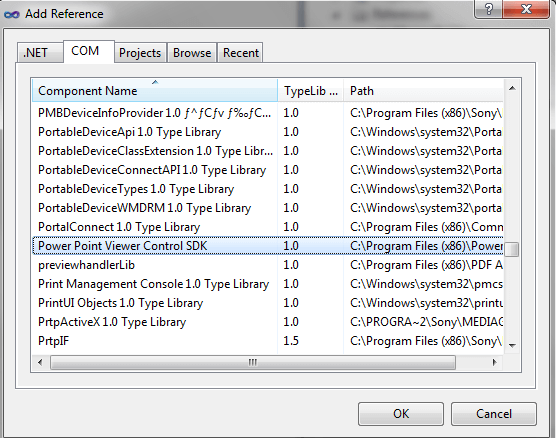

The 21st century has brought unprecedented challenges to medical professionals. By understanding how digital health technologies can support or augment their capabilities, physicians would have the chance to practice the art of medicine like never before.

However, the economical, technological, and administrative burden of the profession has not made it possible for most physicians to enjoy the benefits of their training, individual capabilities, and creativity. The skills and approaches that characterize this era of e-physicians, such as face-to-face communication skills, digital literacy, interdisciplinarity, knowing where to find information, translating large amounts of data into insights for patients, among others, should always have been at the core of practicing medicine. They can also be described as “engaged,” when understanding the feelings and points of view of their patients, giving relevant feedback, and involving them throughout the whole healing process. They can be described as “experts” in the use of technologies in their practice or in knowing the best, most reliable, and trustworthy digital health sources and technologies. Empowered physicians (e-physicians) can be described as “electronic,” where they use digital technologies in their practice with ease “enabled,” where they are enabled by regulations and guidelines and “empowered,” where they are empowered by technologies that support their job and their empowered patients (e-patients). The characteristics of a physician-as-idol could shift from self-confident to curious, from rule follower to creative, and from lone hero to team worker.
#Viewpoint solutions digital photo converter professional#
Digital health allows the job of being a medical professional to become more rewarding and creative. We argue that patient empowerment, the spread of digital health, the biopsychosocial-digital approach, and the disappearance of the ivory tower of medicine lead to a new role for physicians. Digital health does not only refer to technological transformation it also fundamentally reshapes the physician-patient relationship and treatment circumstances. This transformation has been triggered by the growing presence of digital health. The growing number of chronic diseases, lack of medical workforce, increasing amounts of administrative tasks, the cost of medical treatment, and rising life expectancy result in an immense challenge for medical professionals.

Being a 21st-century health care provider is extremely demanding.


 0 kommentar(er)
0 kommentar(er)
